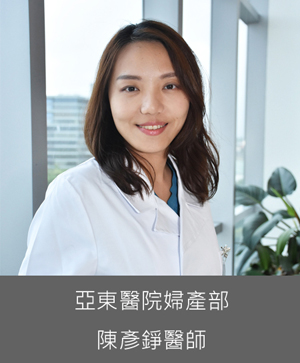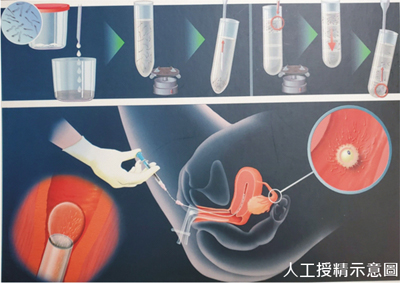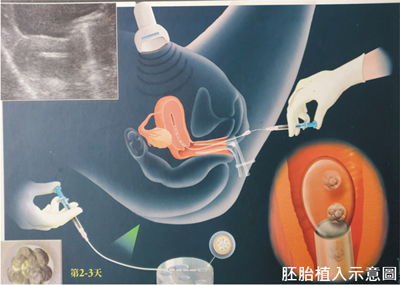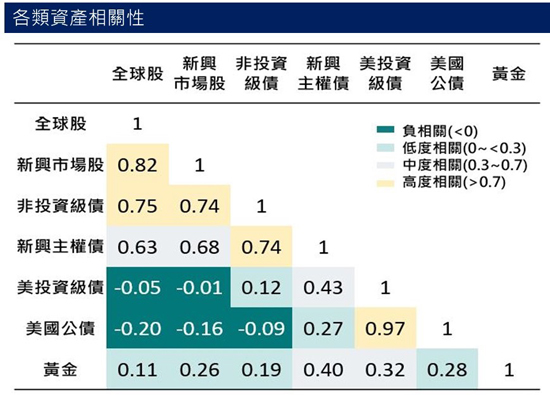05.2023 Life Guide
A Good Pregnancy Course for Infertility, a Guardian of Happiness
Dr. Chen Yanzheng, Obstetrics and Gynecology Department of Far Eastern Memorial Hospital /

 The second Sunday of May is a warm Mother's Day, but more and more women have gone through the arduous process of seeking children before becoming mothers, and the questions and entanglements are even more difficult to say. Do infertility treatments necessarily cost a lot of money? "" I heard that treatment requires a lot of injections, and the belly will be full of bruises? "" The problem of infertility is all in the female side, so men don't need to undergo testing! "Do you also have the same idea? This issue of 'Health Column' will provide you with the correct knowledge on infertility.
The second Sunday of May is a warm Mother's Day, but more and more women have gone through the arduous process of seeking children before becoming mothers, and the questions and entanglements are even more difficult to say. Do infertility treatments necessarily cost a lot of money? "" I heard that treatment requires a lot of injections, and the belly will be full of bruises? "" The problem of infertility is all in the female side, so men don't need to undergo testing! "Do you also have the same idea? This issue of 'Health Column' will provide you with the correct knowledge on infertility. Understanding infertility and its treatment
Understanding infertility and its treatmentSimply put, without contraception, couples under the age of 35 who have not been pregnant for more than a year, or couples over the age of 35 who have not been pregnant for more than six months, are considered infertility.
The treatment of infertility is achieved by examining, eliminating obstacles during pregnancy, and utilizing artificial reproductive technology to assist in the maturation and union of sperm and eggs, in order to increase the probability of pregnancy. For example, doctors who discover structural problems such as uterine polyps, uterine fibroids, endometriosis, fallopian tube obstruction or edema through ultrasound and hysterosalpingography (which are covered by health insurance) can use drugs to help patients ovulate, or choose methods such as artificial insemination or in vitro fertilization.
However, according to the current regulations of Taiwan's Artificial Reproduction Law, the application of artificial reproductive therapy is limited to infertile couples, meaning that both parties must be heterosexual couples with a legal marriage relationship. As for unmarried individuals, single parents, same-sex partners, etc., artificial insemination or in vitro therapy cannot be performed.
Artificial insemination (IUI)
Artificial insemination, also known as artificial conception, is the process of sending screened sperm directly into the uterus, increasing the chance of sperm and egg meeting in the fallopian tube, thereby increasing the chances of conception, with a success rate of about 20% to 25%.
However, if there are problems such as bilateral fallopian tube obstruction, age greater than 42 years old, severe ovarian recession, and extremely low sperm count, even with artificial insemination, the success rate is still very low. In other words, the basic conditions for a person to be able to perform artificial insemination include: the female has at least one unobstructed fallopian tube, and the male has more than 5 million active sperm; In addition, if couples are unable to engage in normal sexual behavior or have failed multiple courses of oral ovulation medication, artificial insemination can also be considered.
The process of artificial insemination is much simpler than in vitro fertilization. It usually starts from the 2nd to 3rd day of menstruation and is induced by ovulation injections or oral ovulation drugs according to the patient's clinical situation; On the 11th to 14th day of menstruation, observe the growth status of follicles using ultrasound, and apply a broken egg needle when the follicles mature. On the 12th to 15th day of menstruation, artificial insemination can be carried out in the hospital without fasting or anesthesia. The doctor will send the washed and screened sperm into the uterus, and pregnancy can be tested about two weeks later. During the waiting period, progesterone can be supplemented to stabilize the endometrium.
 In vitro fertilization (IVF)
In vitro fertilization (IVF)In vitro fertilization (IVF) involves removing a woman's egg, combining it with sperm outside the body, and then sending the embryo into the uterus. The success rate mainly depends on the age of the woman, but the condition of the eggs and sperm, the quality of the embryo, the condition of the endometrium, the quality and technology of the laboratory, etc., can also affect the outcome of the treatment course.
Although the success rate of in vitro fertilization is high, not everyone needs it. If a woman is elderly, both fallopian tubes are not unobstructed, or the ovaries are in early decline, the condition of male sperm is unable to undergo artificial insemination, or if the artificial insemination process has failed more than three times, it is recommended to choose this course of treatment.
Five stages of treatment
Entering the treatment course: Please contact the Reproductive Medicine Center at the onset of menstruation, discuss the treatment content at a follow-up visit on the 2nd and 3rd days, and conduct hormone and ultrasound examinations before using ovulation medication.
Follicle tracking: Starting from the 6th and 7th day of menstruation, frequent follow-up visits are required to track the growth status of follicles, and blood is drawn to monitor hormone concentrations.
Egg retrieval surgery: It is performed on the 10th to 14th day of the cycle. Two days after breaking the egg needle, the egg retrieval surgery is performed, and in vitro fertilization of the sperm and eggs will be arranged on the same day.
Embryo implantation: The fertilized embryo will be observed and cultured in the laboratory, and patients can choose to implant it in the current cycle or freeze the embryo first, and then implant it when menstruation arrives. After embryo implantation, lutein will be given to the patient to support the intima and improve the success rate.
Pregnancy test: Pregnancy test can be carried out about two weeks after embryo implantation. During the process, the pregnancy index and progesterone concentration need to be measured by blood sampling in the return visit. The doctor will arrange the next follow-up visit time and adjust the drug dose according to the value.
The treatment of in vitro fertilization is not scary
Many patients are concerned that taking IVF therapy requires a lot of injections? Can it cause abdominal bruising? Although there are many injections used in traditional in vitro therapy, with the advancement of reproductive medicine technology, there are now many fewer injections required, and the needles are also very thin. It is rare to have bruises on the stomach in clinical practice.
There are four kinds of injections for IVF treatment, namely, "ovulation needle" for growing follicles, "inhibition needle" for inhibiting egg breaking, "ovulation needle" for ovulation, and "progesterone injection" for assisting the endometrium after implantation. From the beginning of the treatment period, patients need to receive 1-2 ovulation injections per day. The latest long-acting ovulation needles have a therapeutic effect of up to a week, and one injection can be equivalent to seven days of short-term ovulation injections.
In addition, there are also more options for treatment. Among them, the GnRH antagonist protocol can reduce the injection that inhibits ovulation to the last few days of application, so the use of it in recent years has far exceeded that of long protocols. If the patient does not implant in the menstrual cycle and chooses to freeze the embryo first, then PPOS (Progestin primed ovarian stimulation) can be used to inhibit ovulation by taking progesterone orally, without the use of inhibiting needles.
On the arduous journey of seeking a son, we accompanied each other all the way
The IVF treatment is not as terrible as the TV play. What is terrible is that we miss the essence of the egg because of ignorance, and miss the opportunity to conceive because of fear. You may want to discuss your concerns and fears with a doctor and have a professional doctor tailor the treatment and medication for you. Wishing current mothers and future mothers a happy Mother's Day!
#




















